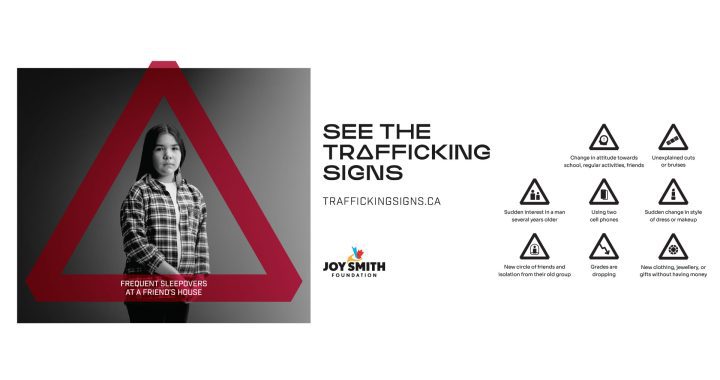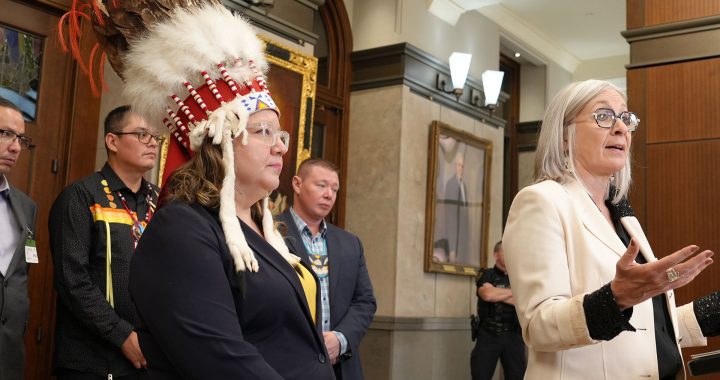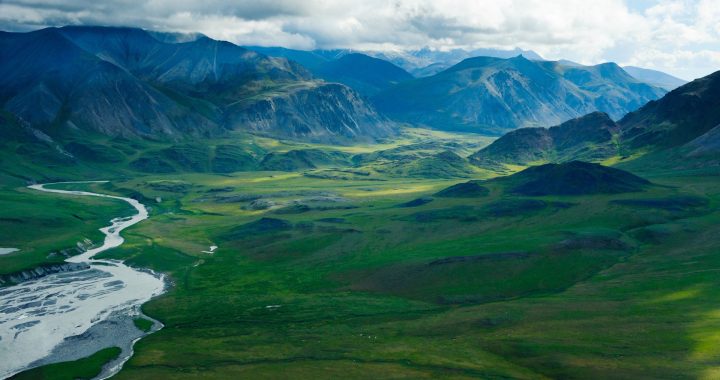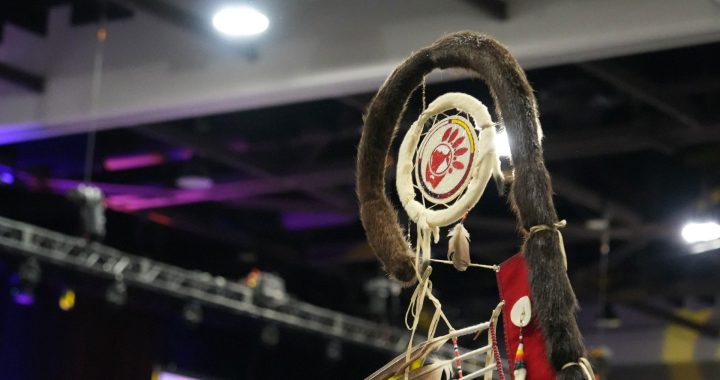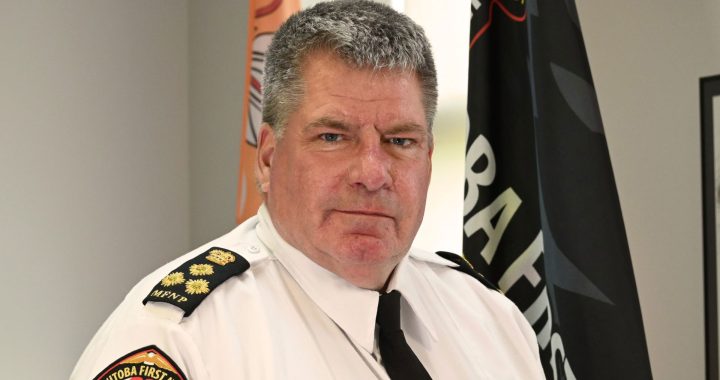Ten coastal First Nations in British Columbia are pledging to turn away non-residents over COVID-19 safety fears.
The communities are: Council of the Haida Nation, Gitga’at, Gitxaala, Heiltsuk, Kitasoo/Xai’xais, Metlakatla, Nuxalk, Old Massett, Skidegate, Wuikinuxv.
Marilyn Slett is chief councillor of the Heiltsuk Nation in Bella Bella, off the central coast of B.C., where there are health concerns.
“We don’t have the resources that other communities have that are more urban and metro,” said Slett.
“Having a rapid tester … is a resource we think should be in our community (so there can be) screening of tourists that want to visit rural and remote communities.”
B.C. is currently in Phase 3 of its economic reopening plan, allowing for non-essential travel.
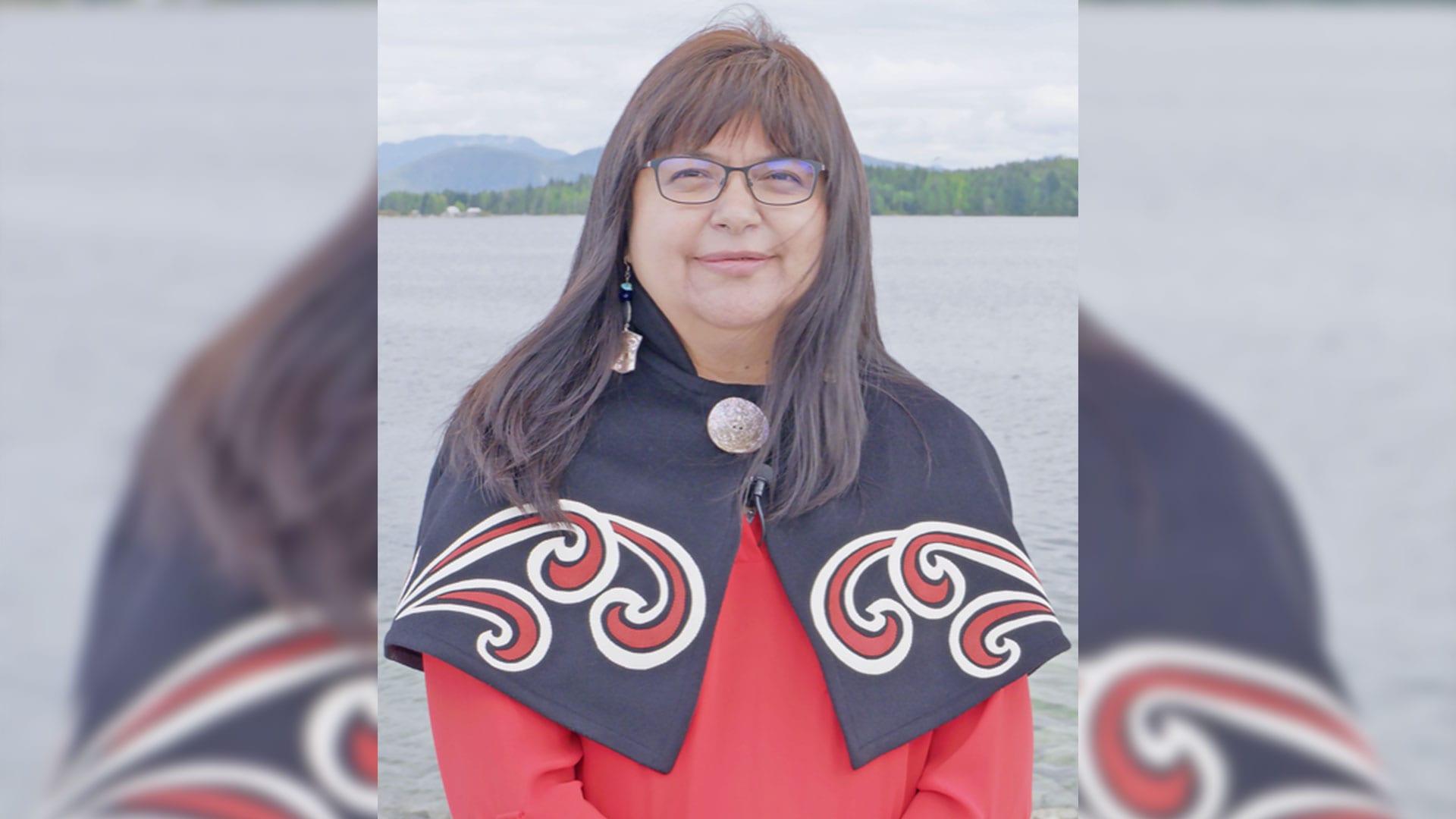
But this is creating conflict for some Indigenous communities, particularly the island of Haida Gwaii, where two luxury tourism fishing operators have reopened for business that are only accessible by air and water.
The Haida have maintained their state of emergency and say they don’t want lodge guests in their villages on the island. A group of Haida women who call themselves Gaandlee Guu Jaalang (daughters of the rivers) have protested publicly. And the elected council has delivered a letter of opposition to the lodges.
Problems have also been reported on the water, with both sides claiming near misses while boating and fishing.
One of two lodges that opened – the West Coast Fishing Club – said it is now using a helicopter to ferry its guests to the island from the mainland at “signficant expense” to eliminate all potential contact with members of the Haida community.
“First and foremost, we would never put the health and well-being of Haida Gwaii communities and residents at risk and equally as important our staff and clients…,” lodge president Brian Legge said in a statement.
“This guarantees that there is no risk to exposing Haida Gwaii residents to COVID-19.”
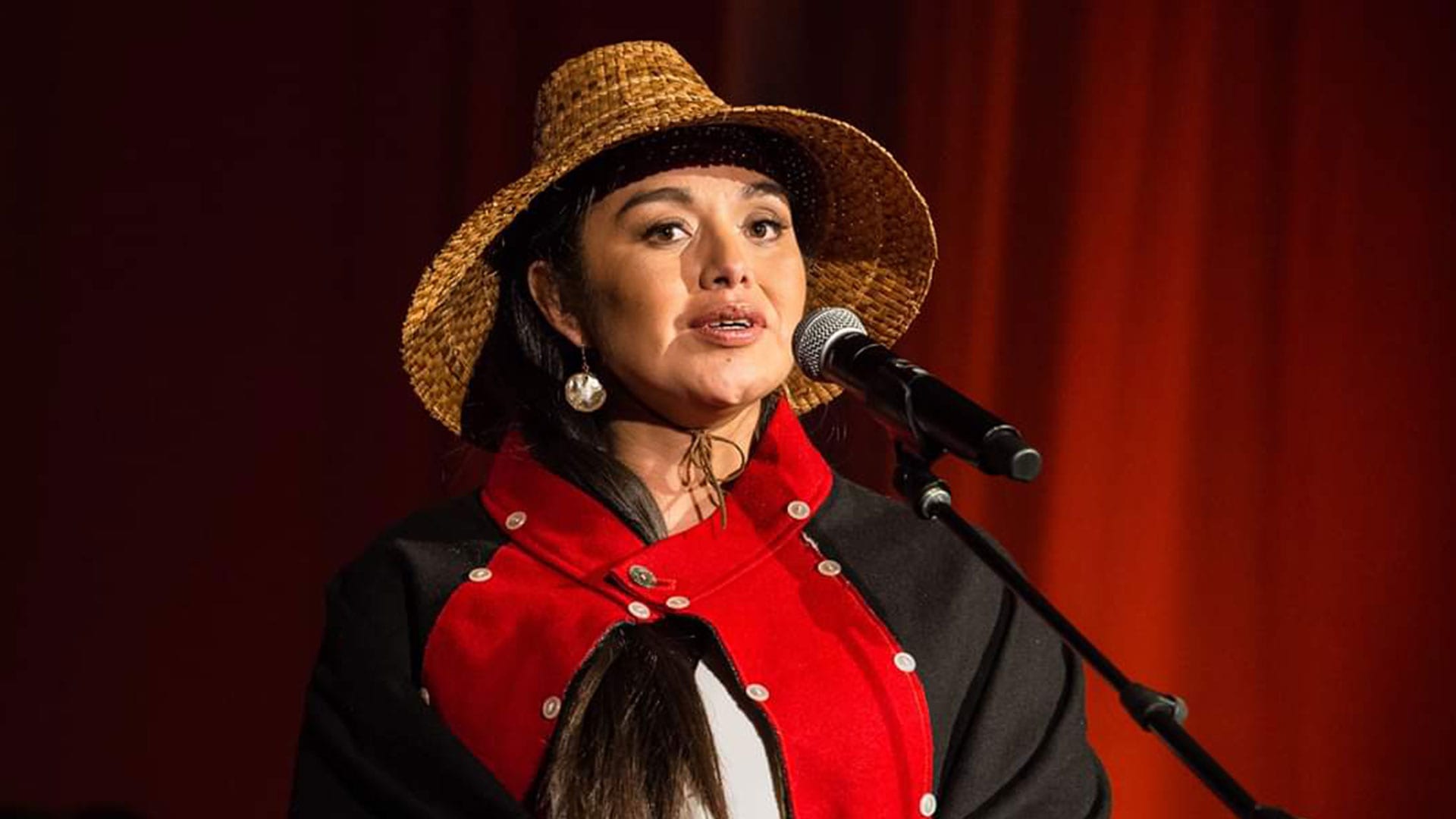
“That introduction of smallpox to wipe us out in our history brings back a lot of that type of act,” said Young.
“COVID-19 is not being done on purpose, but for people to understand who we are and where we come from and why we are making a stand we’re making, needs to be respected.”
B.C. health authorities have credited Indigenous leaders for keeping COVID-19 infections down since the novel coronavirus pandemic struck Canada in March. But a spokesperson declined to comment for this story.
Slett said fear of tourists spreading the infevtious virus means the need for more support and information.
“We have 220 elders that live in our community so we wanted to make sure we had all the tools in place to protect our elders and our community,” she said in a telephone interview.
She expressed support for what the Haida were doing.
“I completely support the Haida matriarch’s in their unity and stand to protect their way of life, culture, land and food sustenance,” Slett said. “It is so important we do all of these.
“When we talk about protecting our elders, we have 30 fluent speakers who are 75 years of age and older. For us, it is so important that we do everything we can to protect them.”
Sarah Plank, spokesperson from the Ministry of Indigenous Relations and Reconciliation office, said they would be meeting the nations and health officials today.
“Provincial government officials have had ongoing conversations with the United Coastal Communities on B.C.’s north-central coast, which include these 10 Nations, about the provincial restart plan over the past couple of months,” said Plank in an email to APTN News.
“We have another meeting scheduled today that will include health officials to discuss the communities’ requests for testing and tracing. Nuu-chah-nulth Tribal Council and Tsilhquot’in Nation will also be part of the meeting.
The province also stated more work would be underway through First Nations Health Authority through a framework to help rural and remote Indigenous communities handle the pandemic.
“Many services and supports are now in place under the framework, including the Virtual Doctor of the Day program, community cohort centres where those with COVID-19 can self-isolate closer to critical care, additional ground and air ambulances, and expanded testing,” she said.
“Additional work with communities under the framework is underway.”
Editor’s Note: This story was updated on July 17 to include a statement from the B.C. government.




